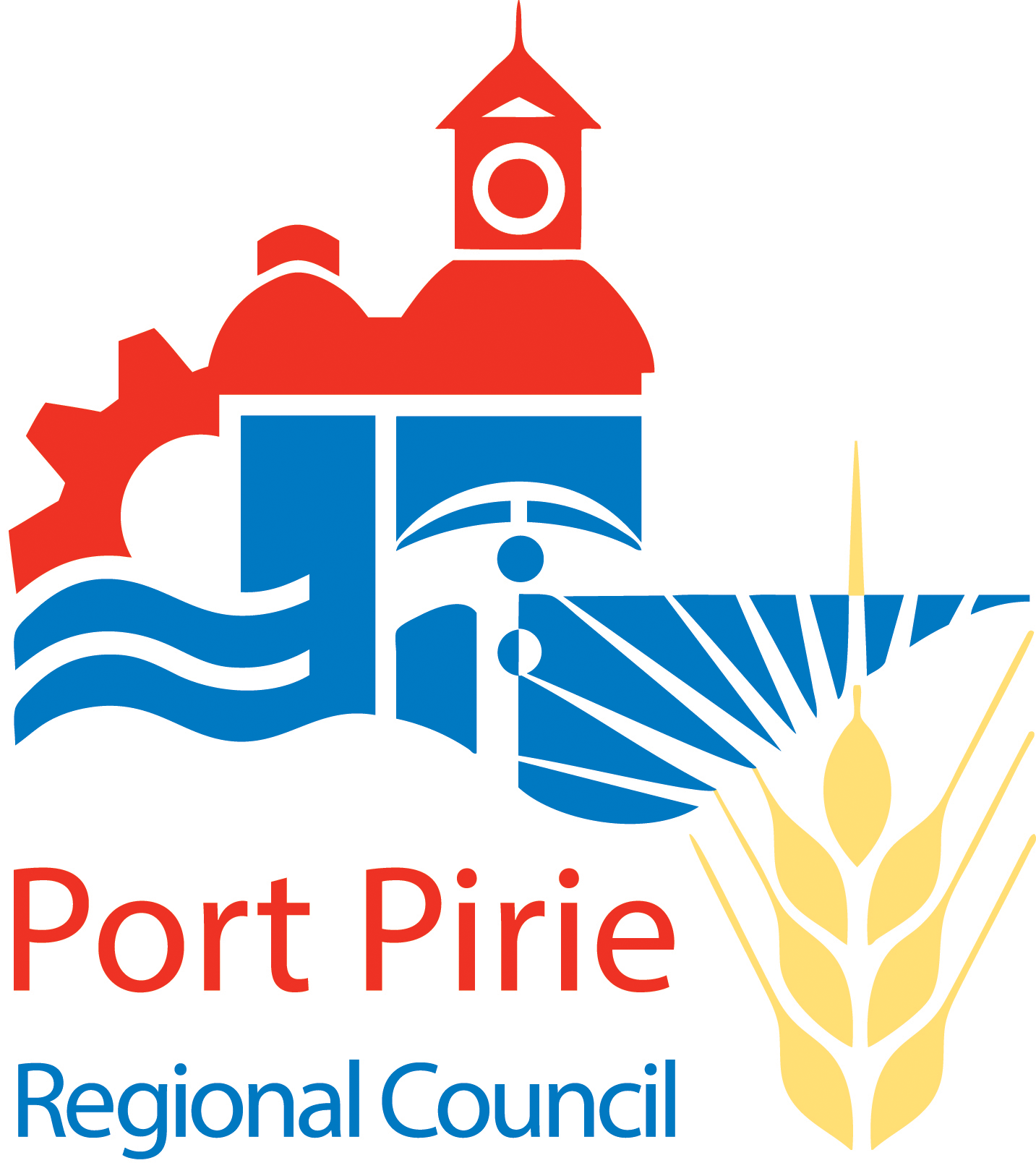Pests and Vermin
Bed Bugs: Prevention and Treatment
Head Lice
Head lice are most commonly associated with children in schools or other facilities where children are likely to have close contact with one another; however any person of the community can be infested with head lice.
Head lice are usually transmitted from direct hair to hair contact.
Repeated chemical or non-chemical methods of treatment, combined with daily checks of all family members for head lice and their eggs, can effectively resolve the problem
Headlice: Prevention and Treatment
Rats & Mice
Rats & Mice Fact Sheet
Rats and mice are widespread throughout Region. The most common species within this area are the Norway Rat (Rattus Norvegicus) and the Roof Rat (Rattus Rattus).
Unfortunately, it is almost impossible to completely eradicate rats; however there are various actions that can be taken to reduce the problem.
The most common methods for controlling rat and mice populations are trapping and poisoning.
Rat baits should be placed in areas where rodent activity has been noted. Care should be taken to ensure baits are placed so as to be inaccessible to children, pets and wildlife, this can be achieved by placing the bait inside an open-ended piece of PVC piping or the like. You will also need to ensure that dead rodents are disposed of immediately, by wrapping in newspaper and 'double bagging' in plastic before placing in your waste bin. Removing dead rodents as soon as possible will prevent secondary toxicity of pets and wildlife.
For complete extermination and protection against re-infestation, rats must be deprived of food and shelter. Ensure that your yards and sheds are free from possible shelter sites, for example, stacked materials on the ground, and that all food scraps, including waste fruit which may have dropped from trees, are inaccessible to rodents
In attempting to control rats and mice on your property, consider this Feral Rodent Control Flowchart.
Feral Birds
The Council undertakes seasonal Feral Bird control activities on public land. Problems with feral birds on private land are the responsibility of the land owner.
Control activities undertaken by the Council particularly focus upon non-native pigeons and corellas, in line with State and Local priorities, using a variety of control measures. The Council conducts its feral bird control measures with regard to its Feral Bird Management Strategy.
Please visit Feral pigeons - management and control | SA Health for additional information regarding feral pigeonsl.
Mosquitoes
Mosquitoes Fact Sheet
In line with the State mosquito management strategy and its own Mosquito Management Strategy, the Council conducts a comprehensive mosquito control program each year throughout the Region.
Snakes
The Council is not authorised to handle or remove snakes. If you have found a snake contact the Police or the Department of Environment, Water and Natural Resources.
To reduce the possibility of being bitten by a snake on your property:
- Clean up rubbish around the home
- Keep gardens tidy
- Take steps to reduce mice and rats
- Check boots before putting them on if left outdoors
- Never put your hand somewhere that can't be seen.
